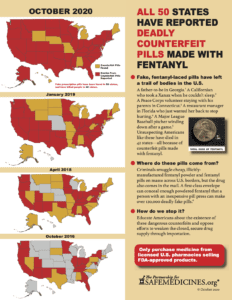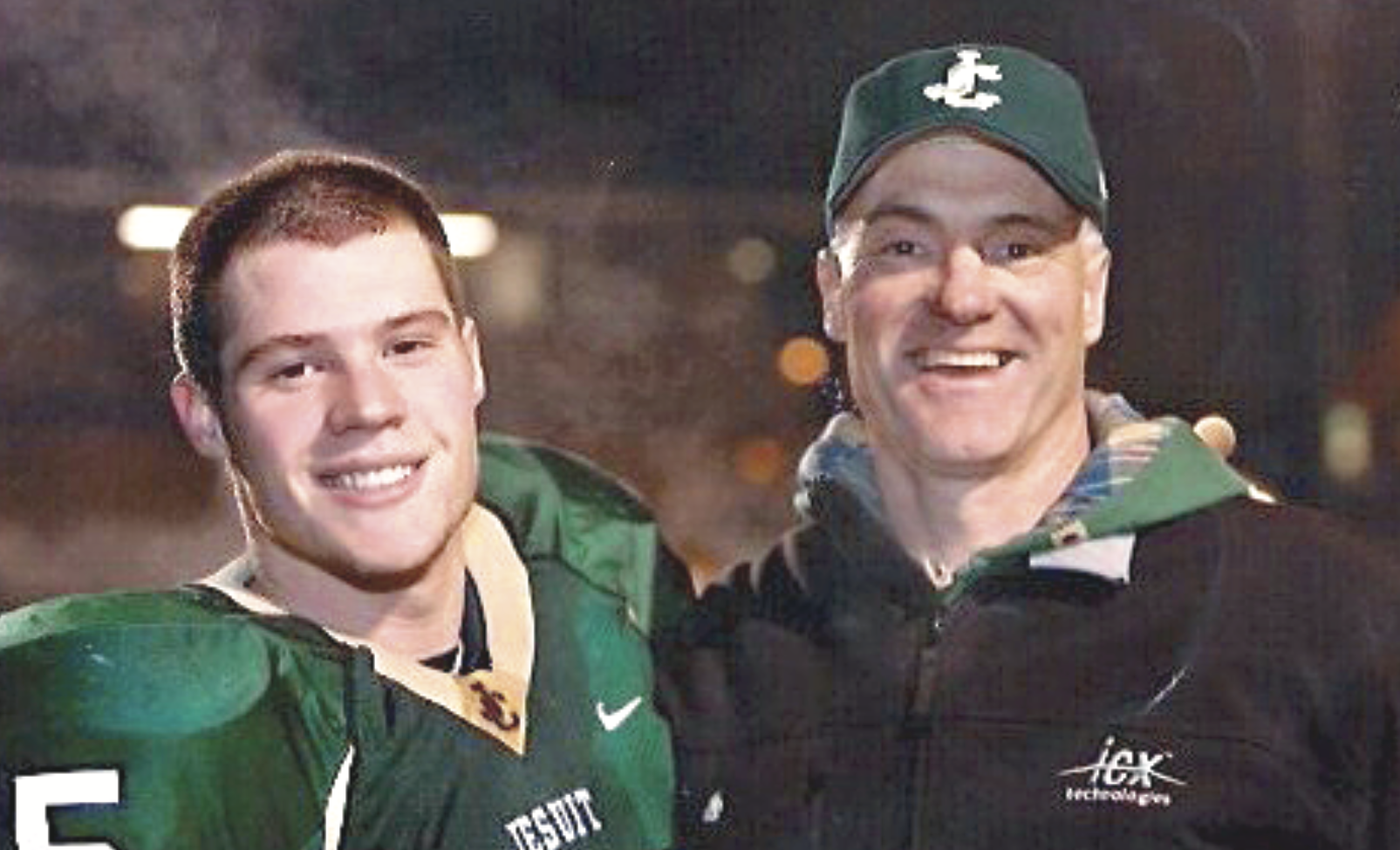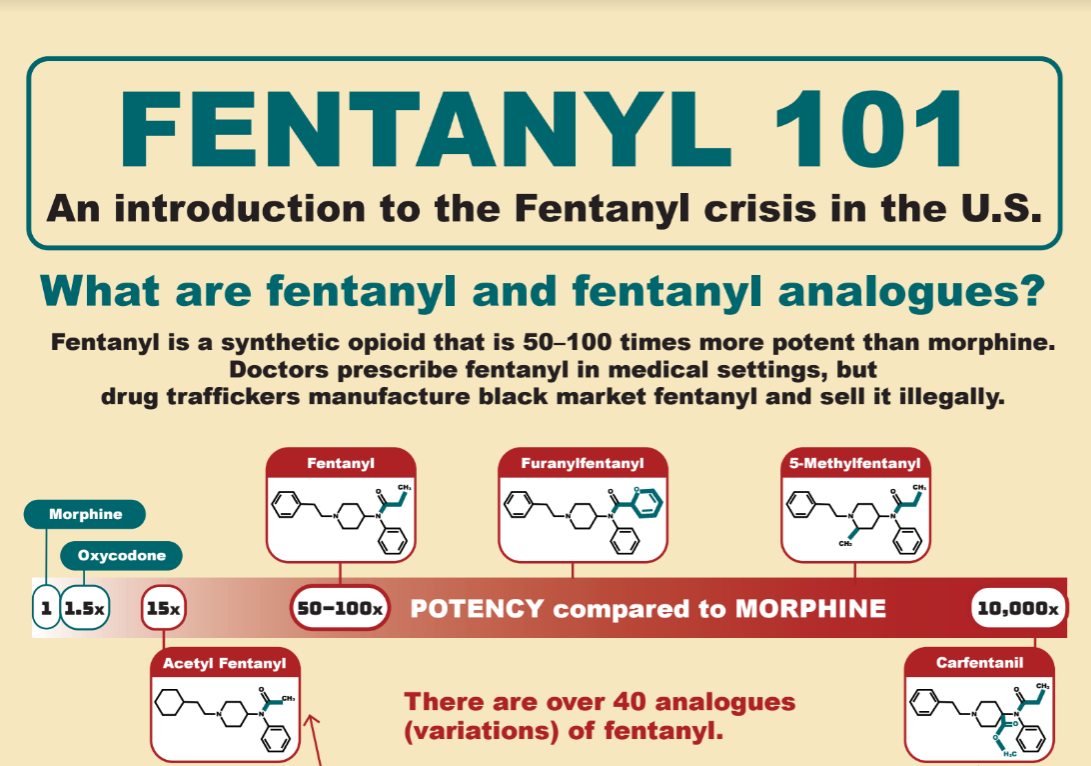Team player Taylor Martinek lost his life to a fake oxycodone pill
People said Taylor Martinek was a bright light in a dark world, but his light was snuffed out on January 14, 2017 when an oxycodone pill made with fentanyl killed him.
His father Brian, a former police chief who had also coached his son’s youth football team, considered Taylor the consummate teammate: “I knew he would do what it took to make us better. He did that for his high school and college coaches, as well.”
His friends and his three siblngs—Erin, Christian and Danielle—especially appreciated how supportive he was. “He was everyone's biggest cheerleader in life,” his older sister Erin told us, “Taylor was always posting about his [close friend Keenan’s] game or about my accomplishments as a police officer.”
Even a shoulder injury in his senior year of high school didn't stop Taylor from making All-State for the second time in 2010. As he continued to play at Portland State University, additional injuries led to surgery, which led to oxycodone prescriptions for pain. Fellow college athlete Dominique Forrest said that the pills kept coming in college sports: “You're hurt. Let's do whatever you can to feel better as soon as possible. You got banged up today; here's a pill.” By the end of his freshman year Taylor was abusing oxycodone. He would struggle with opioid use disorder for the rest of his life.
His struggle abated in 2016 when he moved in with Dominique and his brother Jakub on the condition he stay sober. Things were going well: employed as a sales representative, Taylor was looking forward to a promotion. However, in January 2017, after Taylor seemed off, Dominique found a jar of pills in his room. They confronted Taylor, and after an argument concluded he needed to seek help and move out.
The next afternoon, the roommates came home to find the timer on the microwave dinging with a long-cooled chai tea inside and Taylor unresponsive on his bed. They called 911 and Taylor’s family, who were in mid-preparations for a father-daughter dance. Brian and Taylor’s mother, Brenda, arrived after law enforcement and the paramedics. One of Erin’s colleagues broke away from the action to tell them that their son was dead. Toxicology confirmed later that Taylor Martinek had died because a drug dealer sold him a counterfeit pill made of fentanyl.
The state of Oregon found and prosecuted the person who supplied those drugs to Taylor. The court sentenced them to 12 months of probation for unlawful delivery. Since then, Taylor’s family has been advocating for Taylor’s Law, which would raise penalties for people who distribute drugs that lead to fatal overdoses to 58 to 130 months' imprisonment.
Even if the Oregon legislature passes Taylor’s Law, they can’t replace Taylor in his family’s heart. His father, Brian, has sweet memories of his young son side-by-side with him, pretending to shave; of catching Dungeness crab with him in the weeks before his death, and of many, many hours of football. Erin, who is only 14 months older than her brother, feels the loss keenly: “He and I were on a volleyball team together. We had dinner together all the time. We used to call each other twins and our mom used to dress us the same. We did everything together. I have lost my confidante.”
Fake pills are killing Americans in all 50 states.
 Read about victims and about the fentanyl and pill presses that killed them.
Read about victims and about the fentanyl and pill presses that killed them.


